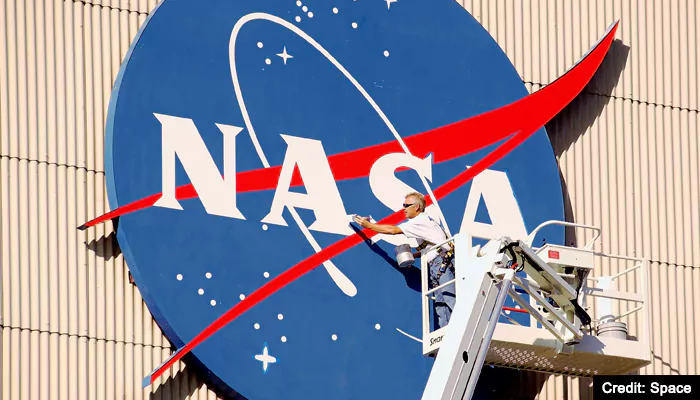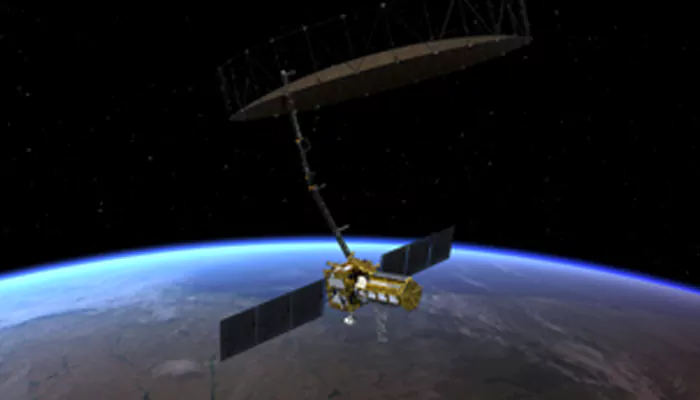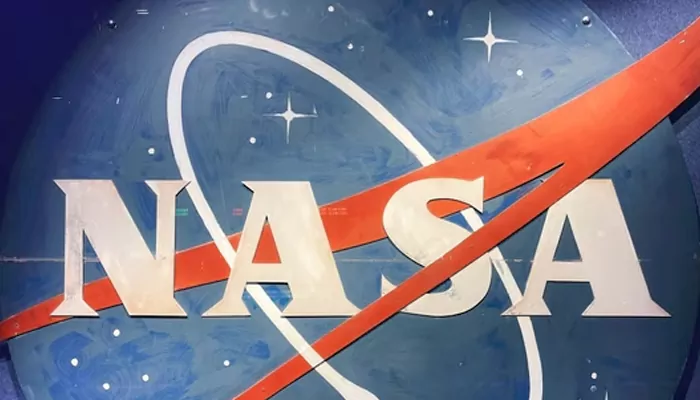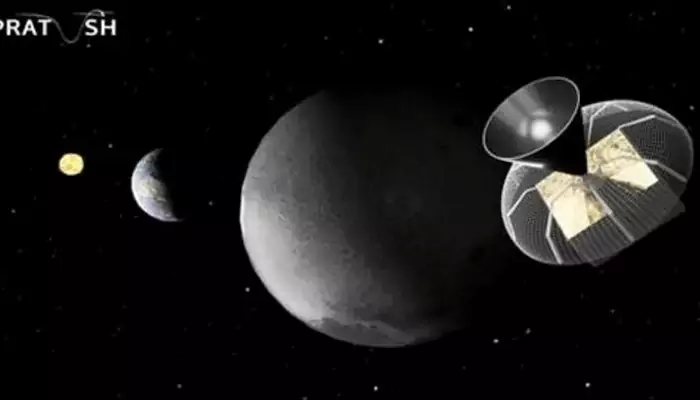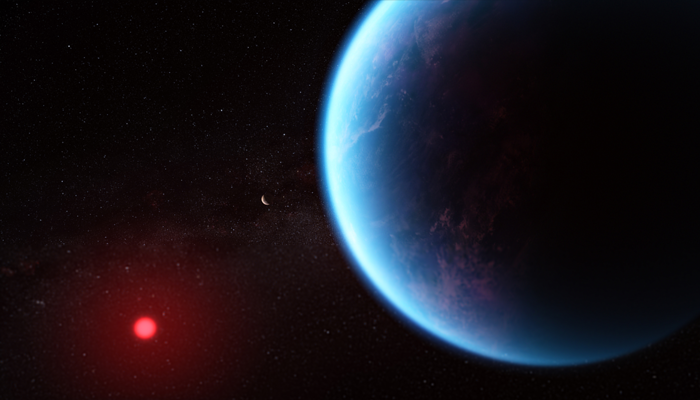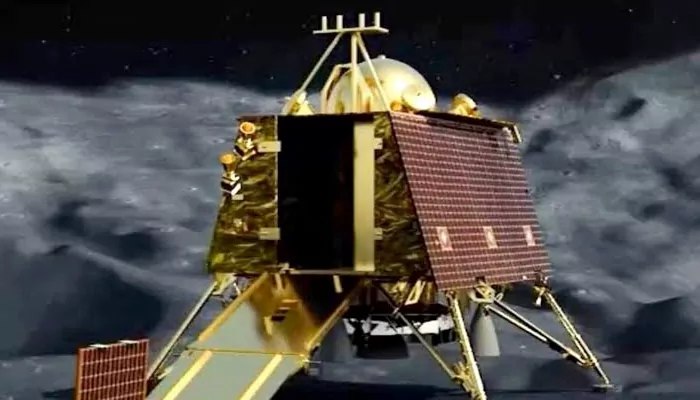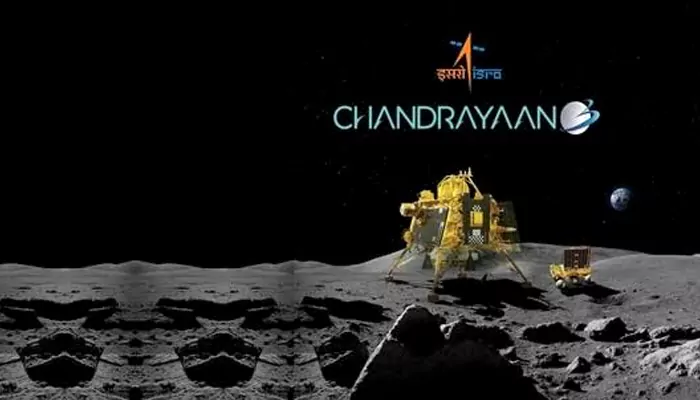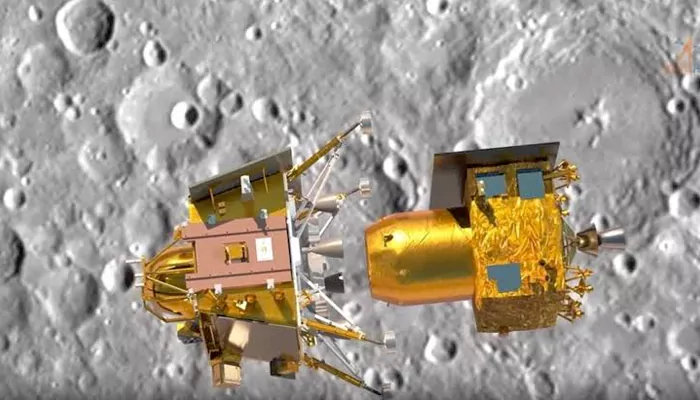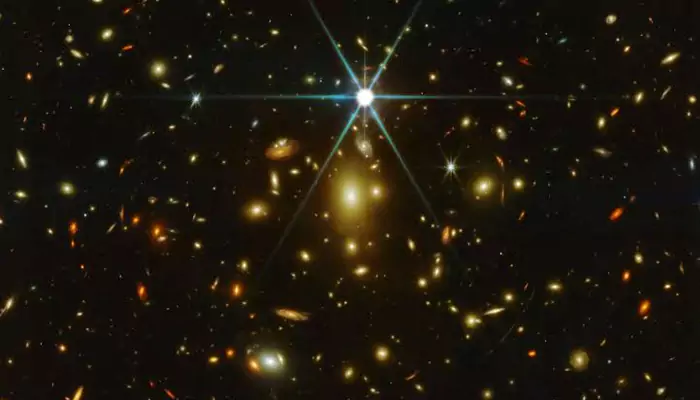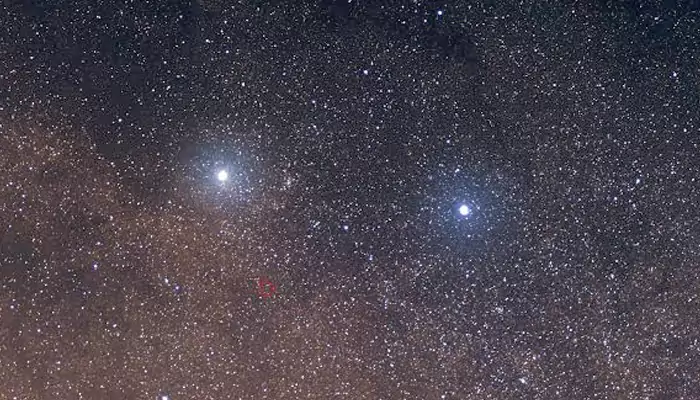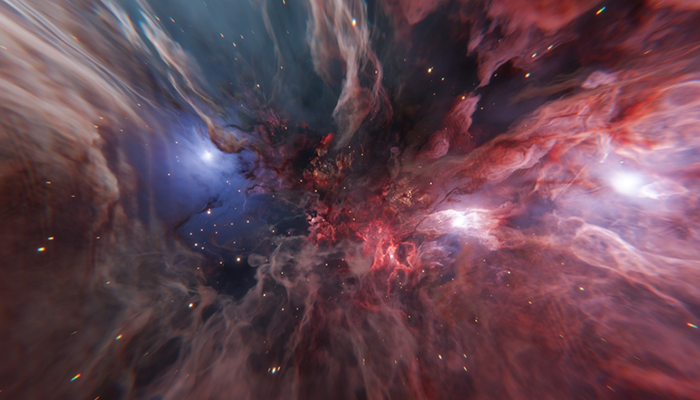
Here are today’s most important updates from the realm of Science and Space.
Packing in Space: Sunita Williams Organizes Cargo for Earth
The Expedition 72 crew led by Sunita Williams aboard the International Space Station (ISS) is currently preparing for the return of scientific experiments to Earth using the SpaceX Dragon cargo spacecraft. From this week, astronauts are finalising their research samples and packing them for transport, including studies on antibiotic-resistant bacteria and advancements in space botany. The research work focusses on understanding why certain pathogens exhibit increased potency in microgravity, utilising genetic analysis techniques to identify antibiotic-resistant organisms. The Dragon spacecraft is scheduled to undock from the Harmony module on Thursday, December 5, with a planned splashdown off the coast of Florida the next day.
Celestial Showers: How Comets Gifted Water to Earth
A NASA-led team found that water on Comet 67P/Churyumov–Gerasimenko has a molecular makeup similar to Earth's oceans. This challenges earlier findings and supports the idea that Jupiter-family comets could have delivered water to Earth, a key element for the development of life.… pic.twitter.com/f5TWSnm54e
— NASA Astrobiology: Exploring Life in the Universe (@NASAAstrobio) December 3, 2024
Credit - X/@NASAAstrobio
Scientists have uncovered new insights about the potential role of comets in delivering water to early Earth. A study recent led by Kathleen Mandt at NASA’s Goddard Space Flight Center suggests that the molecular signature of water found on Comet 67P/Churyumov–Gerasimenko closely resembles that of Earth's oceans. This further reignited the debate over the contributions of Jupiter-family comets to our planet's water supply. This discovery has significant implications for understanding not only the origins of Earth's water but also the formation processes of our solar system.
Haunted by the Sun: Bepicolombo Unveils Mercury’s Fragile Face
Mercury in motion... One of the #BepiColombo selfie-cameras captured Mercury today as the spacecraft rushed by the planet at almost 3 km per second. 🛰️💨
— BepiColombo (@BepiColombo) December 1, 2024
This time-lapse of unprocessed images was captured during 10:26-11:18 UTC today (11:26-12:18 CET), between 53700 and 48000 km… pic.twitter.com/NPlnLCBOr3
Credit - X/@BepiColombo
The BepiColombo spacecraft has captured astonishing images of Mercury as it sped past the planet at approximately 3 kilometers per second during its latest flyby. This remarkable event was captured on December 1, 2024, when the spacecraft was approximately 48,000 to 53,700 kilometers from Mercury's surface. The time-lapse sequence of unprocessed images showcases the planet's cratered landscape, highlighting the stark contrasts between its sunlit and shadowed sides. The images also reveal a haunting view of this rocky world, often referred to as the "Problem Child of the Solar System" due to its extreme conditions and complex geological history.
Meltdown Countdown: Arctic Ice Could Disappear by 2027

A new study has revealed that the Arctic could experience its first summer with approximately all sea ice melted as early as 2027, which will mark a significant milestone in climate change. An international research team, including climatologists Alexandra Jahn from the University of Colorado Boulder and Celine Heuze from the University of Gothenburg, used advanced computer models to predict the timing of this unprecedented event. This year, the National Snow and Ice Data Center reported that the Arctic sea ice minimum was recorded at 4.28 million square kilometers, one of the lowest levels since records began in 1978.

